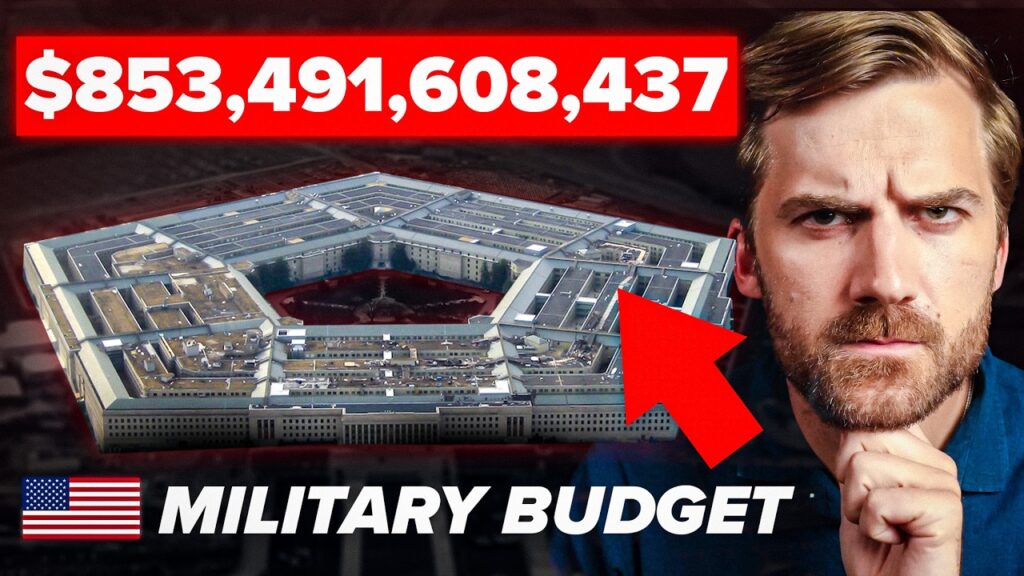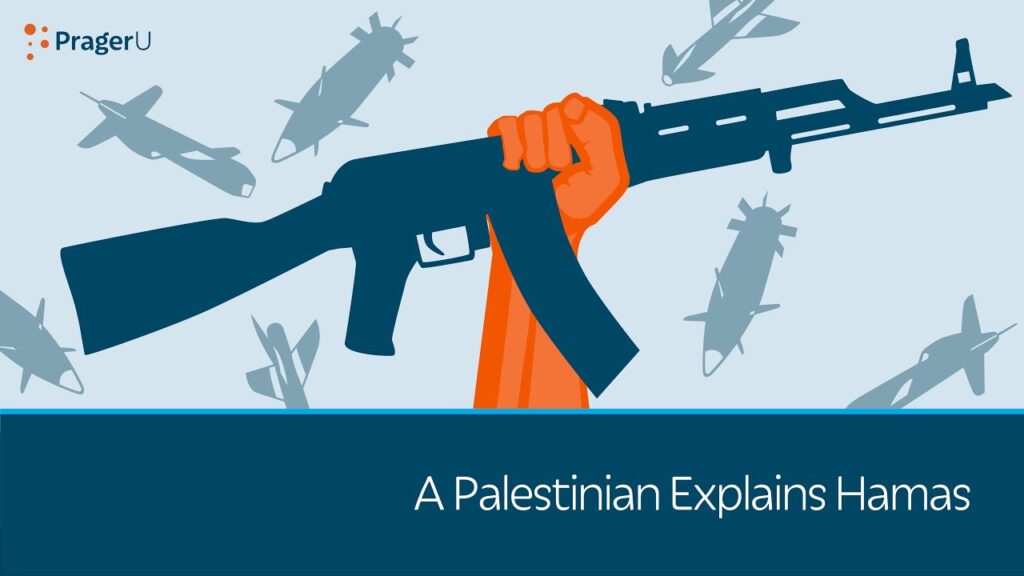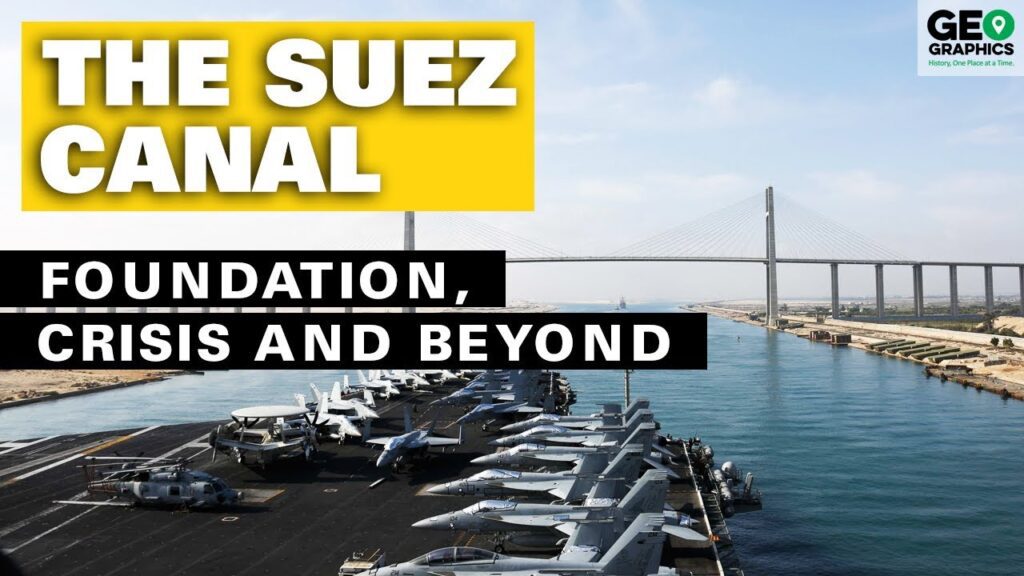US Military Spending: A Comprehensive Overview
The United States has the largest military budget in the world, with a staggering $853 billion allocated in 2023. This massive expenditure covers various items, including soldier salaries, schools, expensive helicopters and missiles, and the development of new technologies.
Breakdown of Military Spending
- $172 billion for personnel
- $140 billion for research and development
- $19 billion for construction
- $167 billion for procurement, including expensive items like jets, cruise missiles, and vehicles
Concerns and Criticisms
Despite the massive spending, the US military has struggled with accountability, failing to pass an independent audit for six years. The lack of competition in the defense industry has led to skyrocketing prices, with contractors overcharging the government through corruption, waste, and fraud.
The Revolving Door and Conflict of Interest
The close ties between the Pentagon, defense contractors, and lawmakers have raised concerns about the influence of the defense industry on government decision-making. Many top Pentagon officials and lawmakers have close ties to defense contractors, creating a conflict of interest that perpetuates an arms race and prioritizes profit margins over diplomacy and international cooperation.
Consequences of Excessive Military Spending
The prioritization of military spending over other essential areas, such as healthcare, education, and climate change, has significant consequences. It leads to an infinite escalation of military spending, which may ultimately end in disaster, despite the respect and appreciation for the men and women serving in the military.
Alternative Solutions
History has shown that sustainable peace is achieved through cooperation, treaties, and international law, rather than a show of military force. It is essential to reconsider the current system and prioritize diplomacy and international cooperation over excessive military spending.
| Term | Definition | Example Usage |
|---|---|---|
| Budget | A plan for the allocation of financial resources. | The United States has the largest military budget in the world. |
| Personnel | People employed by an organization, such as soldiers in the military. | $172 billion for personnel, including soldier salaries. |
| Research and Development (R&D) | Investment in the creation of new ideas, products, and technologies. | $140 billion for research and development, including the development of new technologies. |
| Procurement | The process of acquiring goods or services, such as military equipment. | $167 billion for procurement, including expensive items like jets and cruise missiles. |
| Accountability | The quality of being responsible and answerable for one’s actions. | The US military has struggled with accountability, failing to pass an independent audit for six years. |
| Conflict of Interest | A situation in which an individual or organization has competing interests or loyalties. | The close ties between the Pentagon, defense contractors, and lawmakers have raised concerns about the influence of the defense industry on government decision-making. |
| Escalation | A rapid increase or intensification of something, such as a situation or a problem. | The prioritization of military spending may ultimately end in disaster, despite the respect and appreciation for the men and women serving in the military. |
| Sustainability | The ability to maintain a process or situation over time without depleting natural resources. | History has shown that sustainable peace is achieved through cooperation, treaties, and international law, rather than a show of military force. |
| Diplomacy | The practice of conducting negotiations and discussions between countries or organizations to resolve conflicts and maintain peaceful relations. | It is essential to reconsider the current system and prioritize diplomacy and international cooperation over excessive military spending. |
US Military Spending Vocabulary Quiz
Choose the correct answer for each question.
Answer Key:
- b. Extremely large
- b. The process of buying equipment and supplies
- b. A gradual increase
- b. Continues or maintains
- c. Gives more importance to one option over others
Participial Adjectives and the Present Perfect Tense
| In the given text, we can see the use of participial adjectives (e.g., “staggering”, “expensive”, “independent”) and the present perfect tense (e.g., “has struggled”, “has led”, “has raised”). Participial adjectives are formed from verbs and function as adjectives, while the present perfect tense is used to describe an action that started in the past and continues up to the present moment. It is often used with the adverb “since” or “for” to indicate the duration of the action. |
|---|
Quiz
- Choose the correct form of the participial adjective to complete the sentence: “The _______________________ prices of the new smartphones have led to a decrease in sales.”
- expensive
- expensing
- expensived
- expensiveness
- Which sentence uses the present perfect tense correctly?
- The US military struggle with accountability for six years.
- The US military has struggled with accountability for six years.
- The US military struggles with accountability for six years.
- The US military is struggling with accountability for six years.
- Complete the sentence using the correct form of the participial adjective: “The _______________________ ties between the Pentagon and defense contractors have raised concerns about corruption.”
- close
- closely
- closeness
- closely tied
- Choose the correct sentence that uses the present perfect tense to describe an action that started in the past and continues up to the present moment.
- The US military has spent a significant amount of money on research and development since 2020.
- The US military spent a significant amount of money on research and development in 2020.
- The US military is spending a significant amount of money on research and development.
- The US military spends a significant amount of money on research and development.
- Complete the sentence using the correct form of the participial adjective: “The _______________________ consequences of excessive military spending have significant implications for the economy.”
- significants
- significating
- significant
- significancy
Answer Key
- expensive
- The US military has struggled with accountability for six years.
- close
- The US military has spent a significant amount of money on research and development since 2020.
- significant




